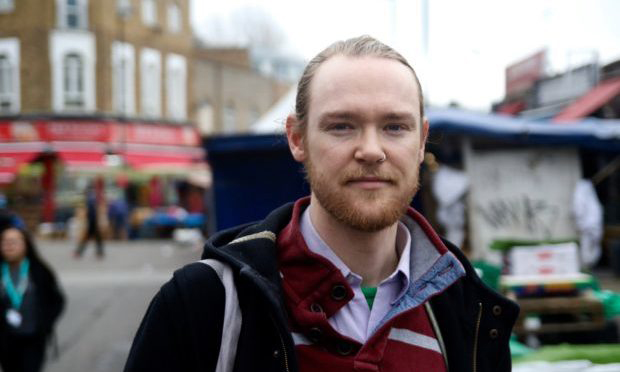Hackney councillors trained to use drug overdose kits amid concern over synthetic opioids

Politicians are being trained to help drug users in Hackney who may have overdosed on opioids.
At least 16 local councillors have been taught how to use Naloxone kits, which provide urgent first aid to drug users.
The City and Hackney drug use service Turning Point gave out kits and advice to councillors at a recent Town Hall event.
It comes after concerns nationally about the availability of synthetic opioids to be called nitazenes, which are stronger than heroin and can be used to contaminate supplies, posing a risk to people addicted to drugs.
Police in Hackney are also investigating whether a batch of drugs seized in Clapton in July included heroin laced with high-strength nitazene.
Among those who now carry the life-saving kit is Green councillor Alastair Binnie-Lubbock, who said he keeps it on him regularly.
Cabinet member for health Chris Kennedy said: “In recent years, across the country we have seen an increase in synthetic opiate drugs, including nitazenes.
“In Hackney, we have implemented a proactive approach to reducing harm from these drugs.
He added: “Hackney Council has committed to reducing the harms of drug use across the borough, and to aid in this we want to ensure that where people are using drugs they do so in as safe a way as possible.
“Our hope is that, through ensuring that people remain safe, we can help to work with them to improve their wellbeing, reduce their drug use and reduce the impacts that drug use can have on our wider community.”
Turning Point is doing Naloxone training across the City of London and Hackney.
The council said there have been no reported deaths linked to synthetic opiates in the City or Hackney, although there have been reports of fatalities in other parts of the country.
“Synthetic opiates pose considerably more risk than traditional opiates due to heightened impacts on the body,” a spokesperson said.
“If an overdose happens, using naloxone can save a person’s life. Hackney operates a local drug information system and professional information network. This allows us to keep up to date on any changes in drug risks across both the local area and nationally. ”
The council said this means professionals working with drug users get alerts about heightened risk so they can give out advice.
